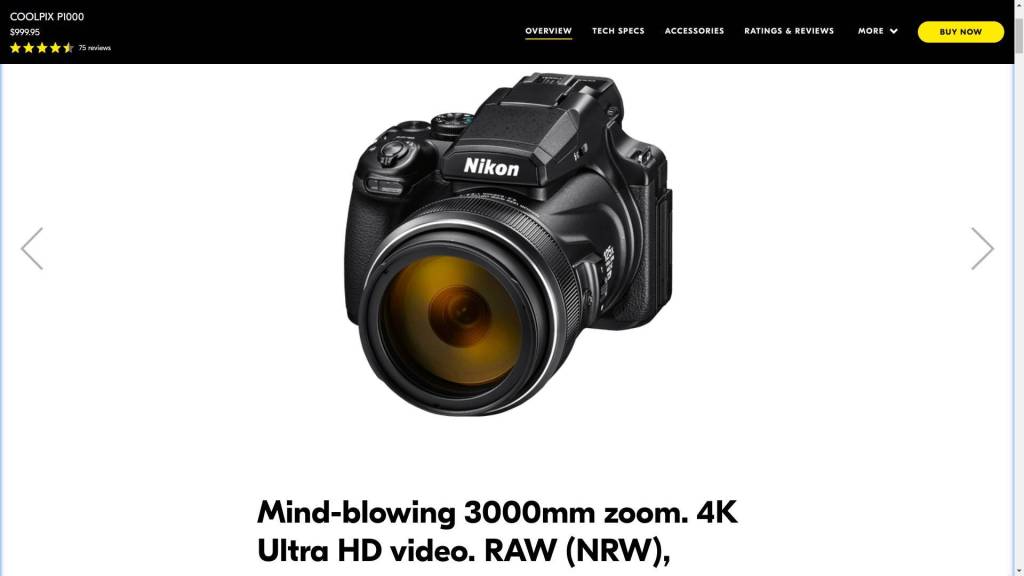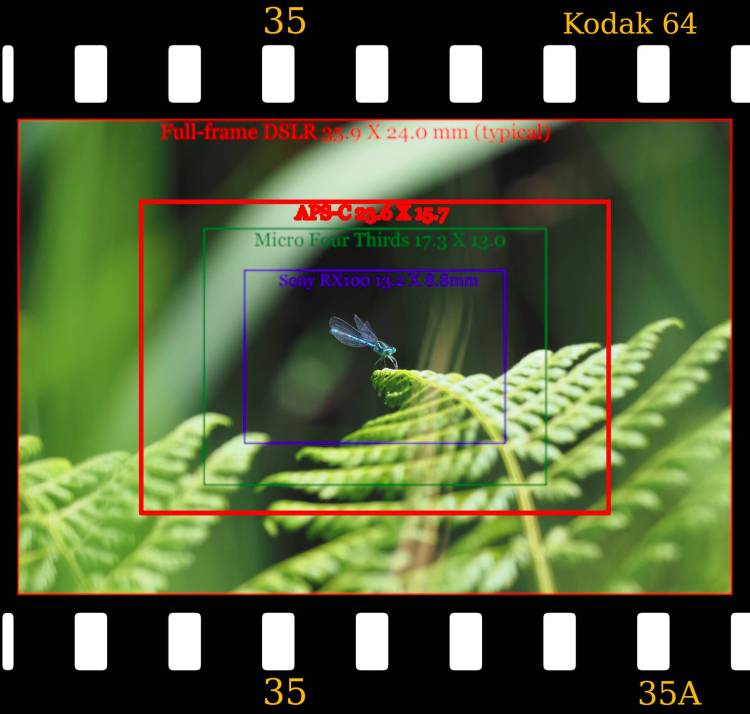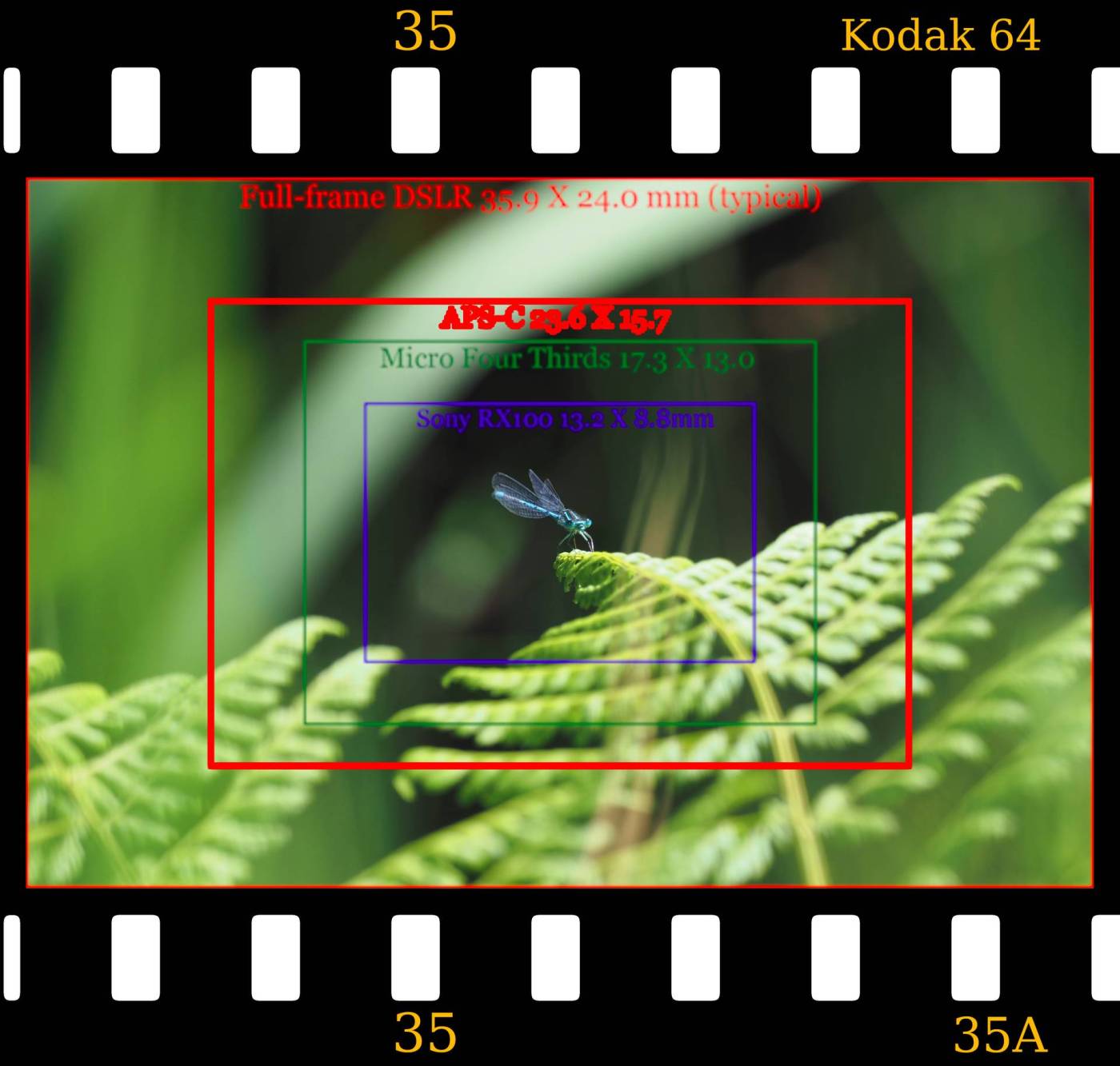This is about a hot topic that has been going on for several years.
I suspect it started when Olympus at one point mentioned FOV focal lengths on their lenses in big blue letters instead of the actual focal length.
On various internet sites and Youtube videos, the fuse was lit, heated discussions arose on forums, and now, years later, we are still no further.
Scientific studies have emerged, app’s to calculate FOV, ISO and apertures,
In short, these crop lenses are worthless, and cannot be compared at all with the “real” lenses from Canon or Nikon.
And to make matters worse, these lenses have apertures that let much less light through, because, when you have a crop factor x2, you have to apply that to everything, the ISO and also the F number. My Leica 100-400mm f6.3 lens would suddenly become a 200-800mm f12.6. It’s even worse with ISO, because according to a table at Photographylife – Equivalence Also Includes Aperture and ISO – I actually have to multiply my ISO by four. So if it was set to 6400 ( because it was dark in the forest ! ) it is actually set to 25,600 ISO !
It’s a wonder I can still see anything through the viewfinder! and oh dear, my photos in the forest have become all grain, even for a blind person they are worthless!
Hey, but wait a minute! those APS-C cameras like Nikon, Canon, Fuji and Sony also have a crop factor !
They have all become worthless !
Then go to Full Frame, right ?
So yes, I exaggerated a little bit in my response 🙂 , but that’s how the responses on the world wide web sometimes are. Overreacted.
Everything can be refuted or proven with numbers and logic, albeit a certain logic at least. Unfortunately, all sides engage in this. The funny thing is that people who take a step back from this obsession with evidence quickly realize that there is truth in both explanations.
What is certain is that the optical properties of a lens do not change based on the use of a smaller or larger sensor. The aperture of a lens also remain unchanged regardless of the size of sensor. However, a smaller sensor will capture less light than a larger one, but that is not due to the lens. It is also oversimplifying to say that with a camera having a crop factor of 1.5 or 2, the aperture and ISO should also be multiplied by the same factor. We all understand the theory, and there is truth to it, but it’s not that straightforward.
The problem arose because it is compared with the 35mm format. But you can’t compare apples to oranges,
just like an apple can never be an equivalent to an orange.
Then ask yourself what the comparison is between 35mm Full Frame and Medium format, or even larger ?
The lenses will always remain optically what they are, and yes, that larger sensor will capture more light, but the difference between the larger and smaller sensor is not just the size, they are really different, and therefore difficult to compare directly with each other.
People want to be able to compare, so they base themselves on figures and numbers.
But is it that simple?
Have you ever looked closely at photos taken by a smartphone?
Aren’t you sometimes even amazed to see how it is possible that such a small lens with that micro sensor can take such a beautiful picture?
Olympus and Panasonic may have been misleading about their lenses, but so do Nikon, Canon, Sony, …well, they all do.

But before delving too deeply into this, what is the actual problem with this discussion ? Is it jealousy ? Does it hurt that your lens on your camera only gets half as close as your neighbor’s camera with the same focal length ? Are your photos on your Nikon so much better than those from a Canon, Olympus, Fuji, Panasonic, or Sony ?
Ask yourself, what is important to you ? Many people strive for the best in everything, but what is the best ? Are numbers and pixels on paper more important than what your eyes can see ? And remember, being a good photographer doesn’t come from having the “best” equipment.
So, don’t get caught up in discussions about crop factors. Every system and sensor size has its pros and cons, be it in terms of price, weight, size, or numbers on paper. But all of them are capable of delivering fantastic results in the hands of someone who knows how to use it well.


The photo gallery of Open Source Photography, Olympus micro 4/3 system, Vintage Lens Photograpy, Film Simulation, PictureFX, HDR – Photographer : Marc R.
Discover more from Open Source Photography
Subscribe to get the latest posts sent to your email.




I never understood why people get confused. A 35mm lens for example is always a 35mm lens, it’ll just produce different results depending on the sensors size (x1.5 on APSC and x2 Micro Four Thirds).
As for the F-Stop, this IS the F-Stop, the light an F/2 lens produces on full frame vs any other F/2 lens on any other camera or phone is the same. The depth of field will be determined the sensors size though.
I’m sure a lot of these videos go out of the way to confuse people! Great article Marc.
LikeLiked by 1 person
I completely agree with you Mark.
There is a difference as you say, and a bigger sensor will be better,
but what does it matter ?
As long as we ourselves are happy with our camera equipment, and the results are good, why should we listen to sales strategies.
All the best Mark !
LikeLiked by 1 person
As I say to a few friends who are always saying how important sensor size is, if they meant what they said, they would be using a medium or large format camera!
LikeLiked by 1 person
That’s completely correct Mark, an answer to which you probably won’t get a reply back 🙂
LikeLiked by 1 person
Thanks Marc for this excellent commentary about the never-ended argues about the crop factor or the image sensor sizes. There is no logical point for those some people that are convinced that “full frame” is the perfect image sensor format although we use to call it “mini” during the 35mm analog-film days. Many of us simply want to be reassured for the gear choices they have made instead of about the image results for their impact, their composition, their taking moment, their lightning, etc which are always the significant factors of influence and momentary lasting quality. At the end, the technical discussion is often a disturbing noise for the real photographer creativity.
LikeLiked by 1 person
Dear Daniel,
I am very glad that you support my writing as a professional photographer, because many newbies are unjustly made insecure by arguments and even misled in their camera/sensor choice, and that’s a pity.
Your comments are, as always, greatly appreciated.
Many thanks !
Marc.
LikeLiked by 1 person